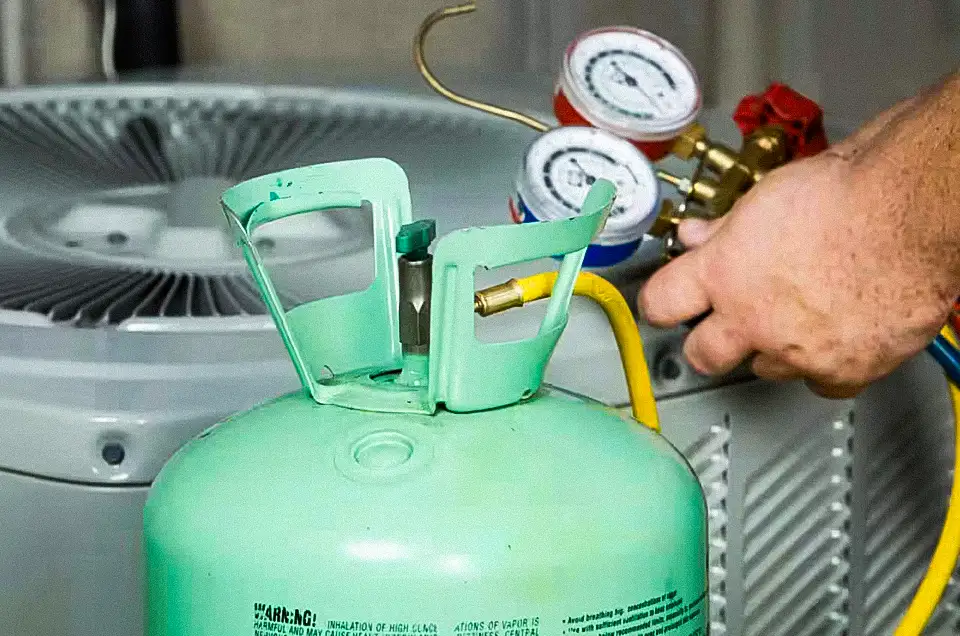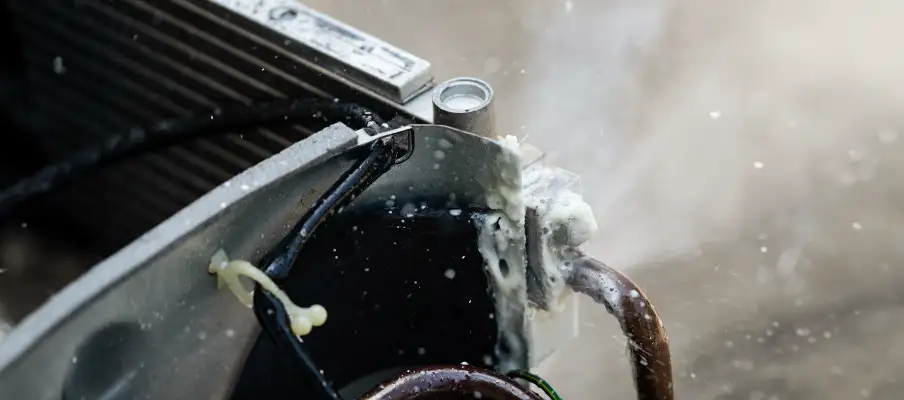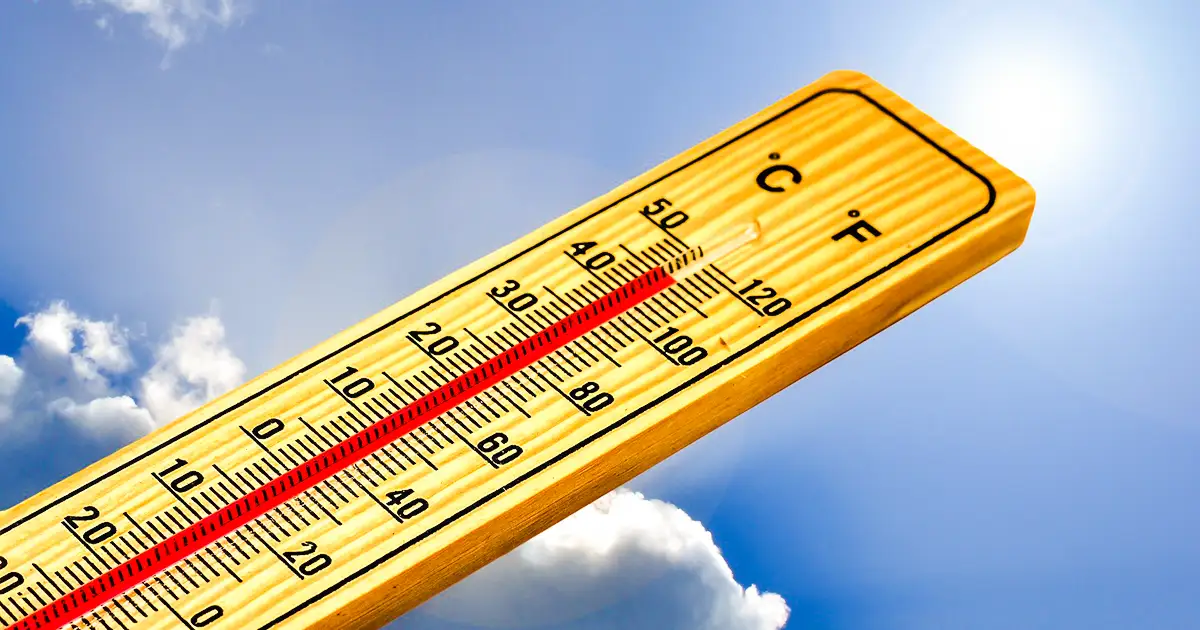We’re in the throes of summer, and as the mercury rises, so does the demand on our air conditioners. As temperatures soar, the question often comes up among homeowners – does my AC need a refrigerant refill?
What Is Refrigerant
Before we jump into whether your AC requires more refrigerant, let’s take a look at exactly what it is, and how it works. The refrigerant, often referred to as coolant, is essentially a fluid that shuttles heat from one place to another.
In your air conditioner, this chemical circulates throughout the system, sucking the heat out of your home and expelling it outdoors. The refrigerant levels need to be constant for the AC to work efficiently.
Which Refrigerant Does Your AC Use?
The type of refrigerant your AC uses hinges on the make, model, and age of your unit. If your air conditioner was made before 2010, it most likely uses HCFC-22 (R-22) refrigerant.
Despite R-22 still being used when servicing existing units, the Environmental Protection Agency (EPA) has banned the production and installation of new R-22 appliances. A commonly used, ozone-friendly alternative is R-410A (aka 410A, Forane®, Puron®).
You can find the type of refrigerant your AC uses on the nameplate of the outdoor condenser.

Why Do You Need a Pro to Refill Refrigerant?
Given that refrigerants are incredibly hazardous, several laws govern their use. Mishandling refrigerants can lead to numerous health and physical risks, such as toxicity, blindness, asphyxiation, flammability, and more.
Because of these dangers, a certified professional must carry out refrigerant management, from detecting and repairing leaks to disposing of old refrigerant and adding new ones. Not only is handling refrigerants perilous, but it’s also illegal if you’re not authorized to do so.
Identifying a Refrigerant Leak
Since the refrigerant operates in a closed loop, your levels should never run low. If you’re experiencing warm air from your air conditioner, a refrigerant top-up may be in order – but not before fixing the leak.
If your HVAC system has been correctly installed and maintained, major leaks should be rare, but they can still occur. Here are some signs that you might be dealing with a refrigerant leak:
- Your air conditioner is blowing warm or hot air.
- Your house isn’t cooling down or is taking a long time to cool.
- There’s ice build-up on the evaporator coil.
- You’re receiving unusually high electricity bills.
- You hear hissing or bubbling noises near the refrigerant lines.

What’s Your Next Step?
If you suspect a refrigerant leak, it’s important to act promptly. Here’s what you should do:
- Switch off your air conditioner (set the thermostat switch from ‘COOL’ to ‘OFF’).
- Set the thermostat fan setting to ‘ON’ for 2-4 hours to defrost any frozen components.
- Give us a call. We will come out, check for leaks, and figure out how to solve your problem.
Final Thoughts
Remember, air conditioners rely on a specific type of refrigerant. Mixing different types of refrigerants or adding the wrong one can wreak havoc on your unit and possibly pose a significant safety risk.
Empire Heating & Air is licensed and trained in the safe use of refrigerants. We are equipped to handle the equipment and chemicals without any risk. We have the tools to fix the leak that caused the low refrigerant in the first place, which is of utmost importance.
If you suspect your refrigerant is running low, give us a call at (682) 233-3367. We’ll stop by to check things out, and get your air running cold again!

